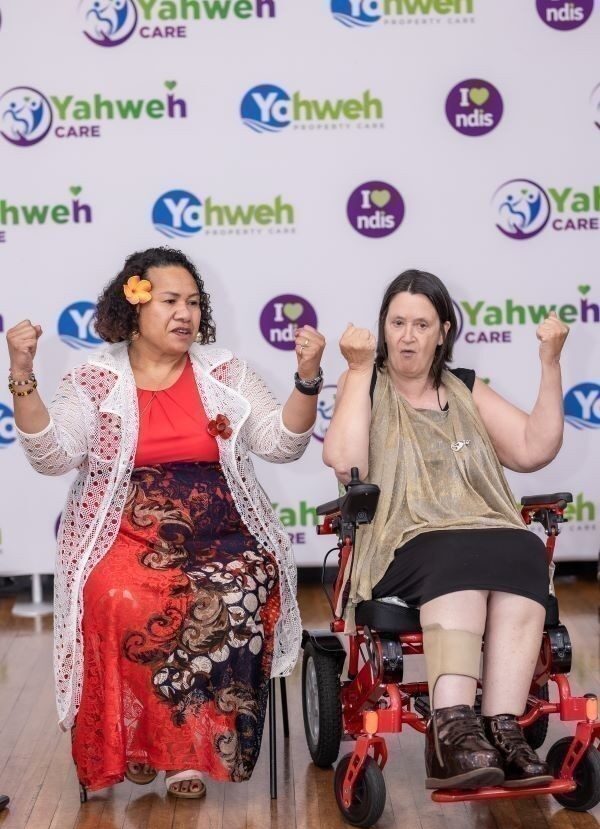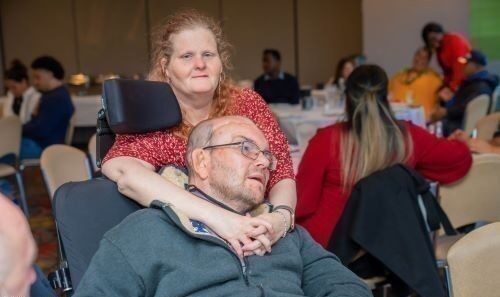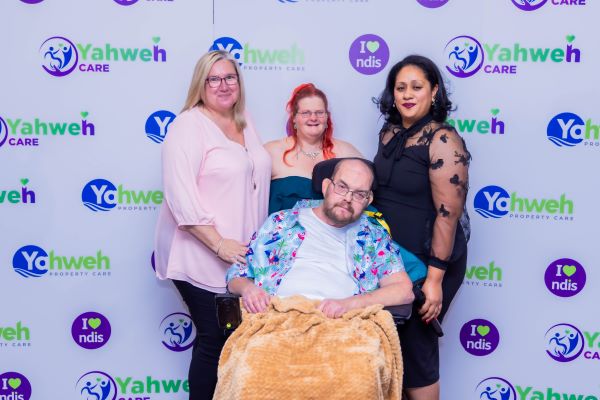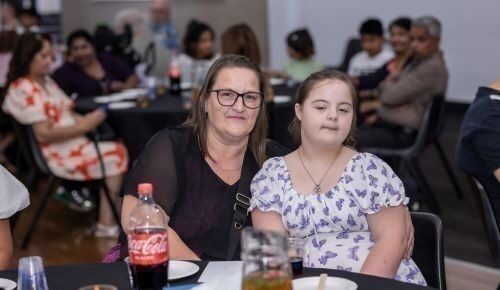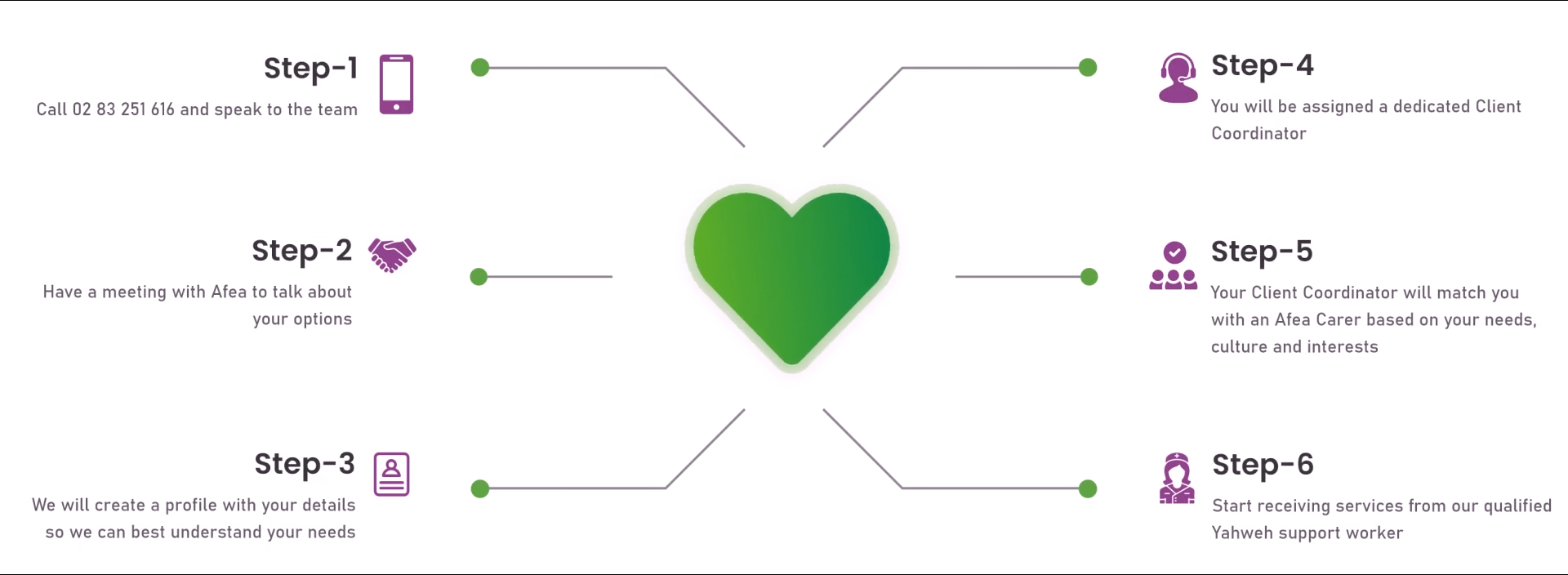NDIS support coordinators are pivotal in your disability services plan. They are the ones who commit to giving you superior NDIS care with their excellent service. Support coordinators can assist you with your needs, especially because starting an NDIS can be confusing.

How do Support Coordinators Help?
Navigating Complex Systems
Support coordinators help people understand complicated systems like insurance, healthcare, or government initiatives (Australia’s NDIS). They also help them understand individuals’ rights and eligibility during the application process for funded supports and programs.
Getting to the Resources
Support coordinators help the client and several service providers by assisting them in accessing suitable resources, such as healthcare, social services, housing, and education.
Creating and overseeing care plans
Registered support coordination providers also assist in drafting care plans tailored to each person’s particular requirements, preferences, and objectives. Their efforts ensure that each individual receives the best possible NDIS assistance.
NDIS Support Coordinators
To help people with disability, support coordinators aid in accessing and managing the necessary services. Typically, a support coordinator’s primary duties consist of:
Evaluation
NDIS coordinators conduct evaluations to learn about participants’ preferences, essential needs, and objectives. They also help determine the necessary social, educational, health, and job support services.
Care Planning and Coordination
Support coordinators create and implement customized care plans according to the NDIS participant’s requirements and objectives. They work with several service providers to guarantee timely service.
Handling Resources and Systems
Support coordinators help customers access and comprehend various systems, including community services, government programs, and insurance. They also assist with documentation, applications, and qualifying requirements for financing or services.
Monitoring and Review
Support coordinators evaluate the care plan regularly, track its development, and make any required revisions. They also monitor the person’s advancement toward objectives and guarantee the caliber of assistance.
Advocating
Support coordinators advocate for people to ensure they get the required tools and assistance. They also represent people’s interests in discussions with other experts or service providers.
Cooperation with Stakeholders and Families
Support coordinators collaborate closely with caregivers, families, and other pertinent stakeholders. They stay in touch to guarantee a cooperative and comprehensive strategy.
Budget and Financial Management
Support coordinators help oversee the budget for support services, ensuring that money is used wisely and effectively. Additionally, they negotiate financing possibilities and make well-informed decisions that benefit the NDIS participant.
Handling of Emergencies
Specialist support coordination experts offer aid in times of emergency. They guarantee that people get the help they require as soon as possible, with pertinent experts (such as social workers and counselors) offering resources or care immediately.
Reporting and Documentation
Support coordinators maintain precise and current documentation of services rendered, objectives, advancements, and modifications to the care plan. They assist in creating and submitting reports for funding, regulatory compliance, or internal evaluation.
Education and Empowerment
Support coordinators inform people and their families about their rights, accessible services, and how to use support networks. They promote self-advocacy and empower people to make knowledgeable decisions about their treatment.

Skills of a Support Coordinator
Support coordinators usually assist people with more complicated requirements. This frequently entails specialized services, complex care plans, or several providers. They have a variety of reliable abilities to handle circumstances well.
Here are some key advanced skills for this role:
Managing Complex Circumstances
When a person has several co-occurring needs, such as mental health issues, disabilities, or medical concerns, skilled support coordinators handle these. They create, prioritize, and oversee intricate care plans that concurrently meet these needs. They are well-versed in various systems, such as legal, social, healthcare, and disability services.
Superior Negotiation and Advocacy Skills
A coordinator is a strong supporter of people, particularly in complex systems. This includes communicating with higher-ranking officials or decision-makers to guarantee that care plans are thorough, economical, and long-lasting while staying within the client’s financial constraints.
Cultural Sensitivity and Competence
Support coordinators frequently collaborate with people from diverse cultural backgrounds. This opportunity allows them to be sensitive to cultural differences and understand how they affect service demands and interactions. Consequently, diversity of values and ideas is respected, and inclusivity is ensured.
De-escalation and Crisis Management
Support coordinators can manage crises, such as behavioral outbursts, mental health crises, and housing or safety emergencies. Under duress, they can maintain composure and move quickly to resolve the present problem. They receive training in de-escalation techniques and conflict resolution to defuse uncomfortable circumstances.
Leadership and Team Collaboration
Support coordination professionals usually accept leadership responsibilities to guarantee harmonious collaboration. They can facilitate meetings, offer direction, and ensure all parties are on the same page. Additionally, these professionals focus and maintain relationships with various experts, including service providers and neighborhood associations.
Reporting and Data Analysis
Advanced coordinators are skilled at monitoring people’s development and evaluating the efficacy of care plans and support coordination services using data. Based on insights gleaned from data, they spot trends, offer suggestions, and an improve NDIS plan. They oversee intricate documentation needs and guarantee that all documents are correct, current, and compliant with laws.
Superior Communication Abilities
Coordinators with advanced skills are excellent communicators. They are adept at communicating complicated ideas in an intelligible manner. They offer sympathetic support connection, have high emotional intelligence, and know the emotional requirements of families and clients.
Making Ethical Decisions and Solving Issues
A specialist support coordinator must frequently make tough moral choices, such as weighing autonomy against safety or allocating few resources. Thankfully, they are creative, resourceful, and adept at handling these choices. They follow best practices, policies, and professional standards.
Allocating Resources and Managing Finances
In more complicated situations, Support Coordinators could be in charge of overseeing a larger budget. They ensure that money is spent properly and that resources are efficiently distributed among various services.
Ongoing Professional Growth
The goal of Advanced Support Coordinators is continuous professional growth. They stay abreast of new regulations, guidelines, best practices, and instruments that can enhance the quality of services. To support NDIS coordination, they exchange knowledge and instruct new coordinators in cutting-edge methods and procedures.

Final Thoughts
With the help of an experienced support coordinator, you can turn the NDIS from a complicated system into an effective instrument for realizing your goals. Do not be afraid to ask for help! Thus, assume responsibility, welcome the opportunities, and prepare to start a prosperous NDIS journey.
At Yahweh Care, we value your NDIS choice and preference. You and our coordinators will create a plan considering your needs and objectives. By working together, we can make the NDIS a platform for your success. Take control of your NDIS journey by getting in touch with Yahweh Care right now!



